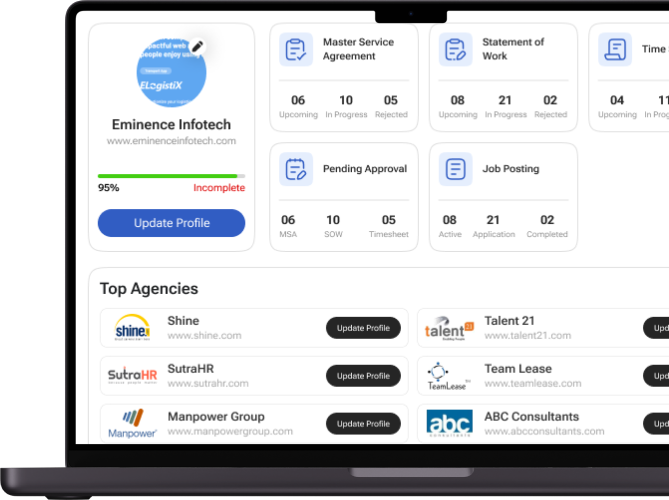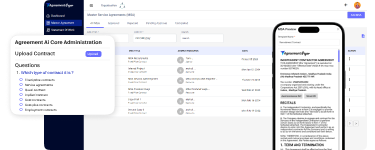What is a work permit ?
To engage in work activities within most nations, individuals typically need to obtain either a permanent or temporary work permit. This requires navigating a comprehensive application procedure, encompassing multiple steps.
The process for obtaining employment authorization varies from country to country, and we will illustrate the eligibility and application
procedure using the United States as an example.
In the United States, a work permit is often referred to as an Employment Authorization Document (EAD) or Form I-766, and it is submitted to the United States Citizenship and Immigration Services (USCIS).
Holders of this document are granted the legal right to work and earn income in the US, typically on a temporary basis as nonimmigrant workers. Foreign workers are issued a social security number (SSN) along with their work permit, which safeguards them against discrimination based on their immigration status under federal law.
If you possess US citizenship or permanent resident status, a work permit is not required. Additionally, if a US-based company chooses to hire the worker as a remote contractor or through an employer of record, a work permit is not necessary.
To initiate the work permit application process, you must complete Form I-765. In addition to the work permit application form, you will need to submit a copy of your passport, US visa, and any other relevant work permits if applicable. You should also provide your I-94 travel record and any other documentation specific to your case that is required.
While you are in the process of obtaining the mentioned cards and visas, you might qualify to apply for a work permit in the interim.
Additional categories of individuals who may qualify for a work permit encompass:
- Students engaged in off-campus employment through an eligible international company.
- Students facing economic hardship necessitating off-campus work.
- Applicants seeking an Adjustment of Status.
- Spouses of intra-company transferees who are dependents.
- Dependents of Diplomatic Mission employees who meet the eligibility criteria, among others.
Employers who sponsor their employees' relocation to the United States must comply with the Alien Labor Certification requirements established by the Department of Labor (DOL). It's important to note that USCIS will not grant work permits to individuals holding tourist visas or those who have entered the US without proper documentation.
- Do you need a work permit for every country?
Generally, yes, the process and eligibility criteria for a work permit vary from one country to another.
In many European Union (EU) nations, a standardized process is followed for foreign worker employment permits. For instance, in France, employers are typically required to demonstrate their inability to find a qualified local candidate for the position. In Germany, individuals can apply for a job-seeker visa even without a prospective employer at the time.
The United Kingdom offers multiple avenues for applying for a work permit, contingent on the nature of the work and other relevant factors. Meanwhile, in Singapore, the work permit system encompasses three distinct categories.
- How long is a work permit valid?
The typical duration of an EAD work permit is one year, although its validity may be shorter or longer, depending on your specific combination of visas and permits.
- Is a work permit the same as a work visa?
No, they are not the same. In essence, a visa typically grants permission for your entry into a country and your stay there for a designated duration. Certain visa categories may additionally permit you to engage in work within that country, as seen with digital nomad or remote work visas.
On the other hand, a work permit is a distinct license obtained solely to authorize you to earn income in a foreign country. In some instances, acquiring a work permit is mandatory, regardless of your visa status
- What are the consequences of working without a permit?
Engaging in employment without a valid work permit or with an expired or fraudulent one, without any other immigration status permitting work in the United States, constitutes a breach of both federal and state laws. This violation may result in various repercussions, such as:
- Complications in an ongoing green card application process.
- Imposition of a ban on entry into the US for a specified period.
- Ineligibility to obtain any other immigrant visa in the future.
It is crucial to note that the restrictions and legal consequences for such violations vary from country to country. It is strongly advisable to seek guidance from an immigration attorney when applying for a work permit to ensure the authenticity and currency of all required documentation.

